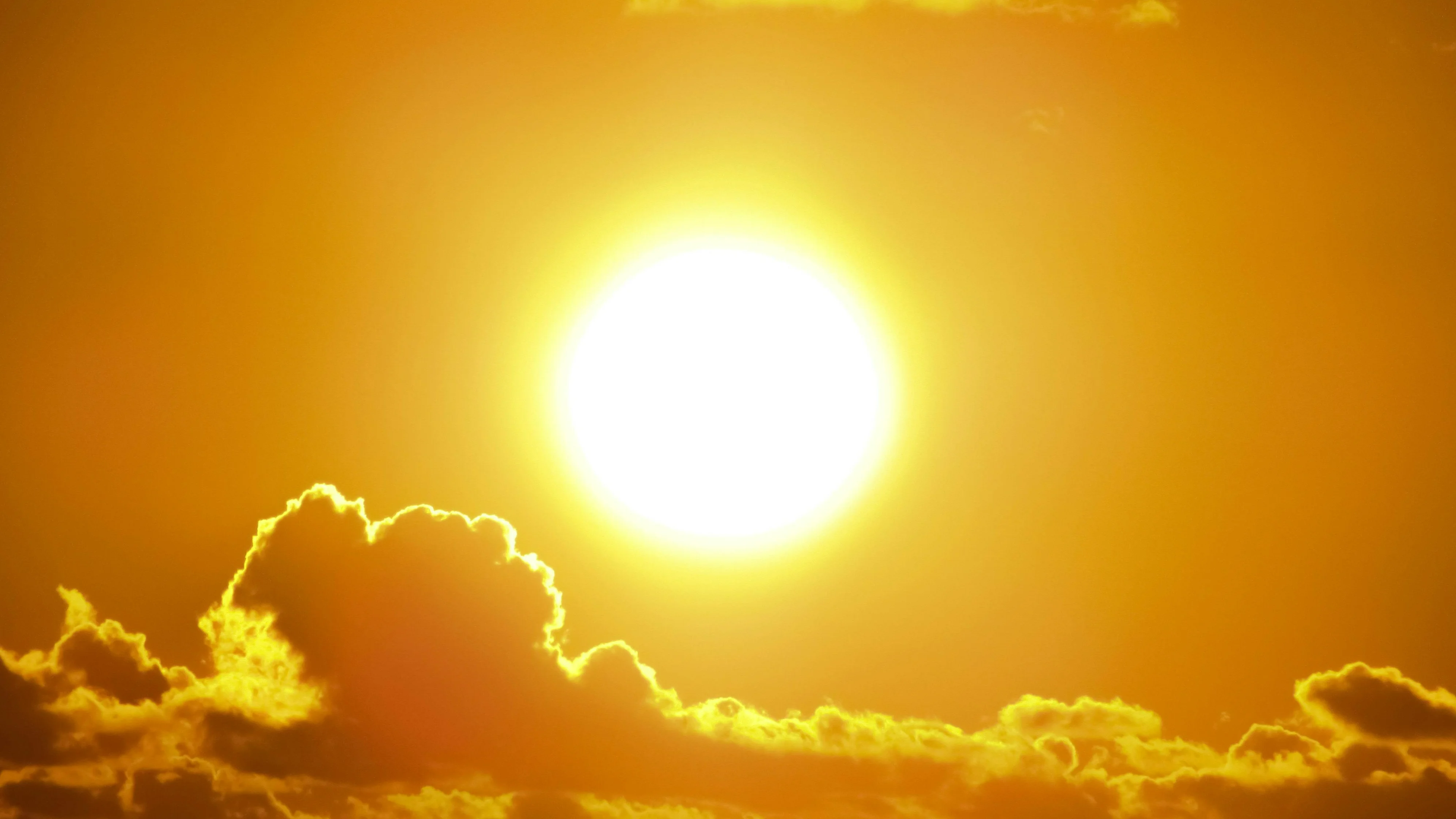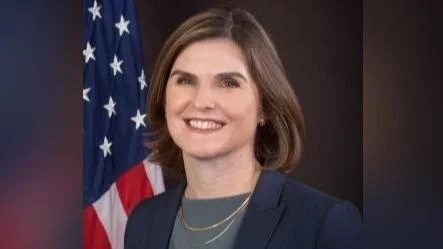A recent panel discussion at The Catholic University of America in Washington explored the implications of transhumanism through the perspectives of philosophy, science, and theology. The event, hosted by the Institute for Human Ecology on May 15, was titled "Transhumanism: The Last Heresy?" and featured insights from scholars Jan Bentz, Wael Taji Miller, and Father Michael Baggot.
The panelists argued that transhumanism is more than just a technological advancement; it represents a modernist heresy aiming to replace human beings with machine-enhanced entities. Jan Bentz likened transhumanism to Utopianism, suggesting it rejects human nature's permanence and confuses progress with redemption. He described it as "the obstinate post-Christian denial of the fallen condition of man."
The discussion highlighted that transhumanism presents itself as a path toward superintelligence and immortality but masks an anti-human ideology. Bentz noted that utopia is considered heretical because it attempts to create paradise on earth without acknowledging potential negative impacts.
Wael Taji Miller pointed out the movement's focus on overcoming death, viewing it as a defect in human existence. He questioned the feasibility of transferring consciousness into machines or digital forms, calling such ideas "wishful speculation" with potentially dangerous consequences.
Father Michael Baggot addressed how some view religion as outdated and are drawn to transhumanism for its promise of tangible progress. He observed that while transhumanists aim to overcome human limitations like aging and death, they lack an understanding of salvation through divine grace.
Kimberley Heatherington reported on this event for OSV News from Virginia.
 Alerts Sign-up
Alerts Sign-up





